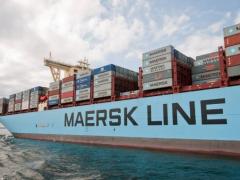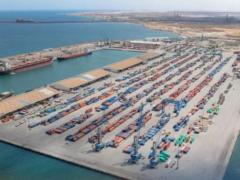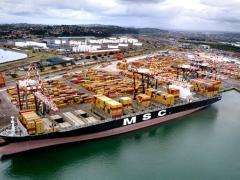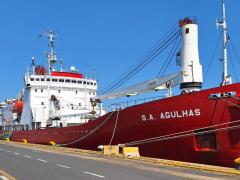Disruption in the supply chain and logistics industry is becoming increasingly complex, says Ingrid du Buisson, CEO of the Institute of Customs and Freight Forwarding (ICFF).
This is especially true for freight forwarders who operate at the intersection of global trade, technology and regulatory frameworks.
Moreover, it has become the norm in the industry, she writes.
In her latest column for Freight News, Du Buission asks whether our employees are adapting to these disruptions and developing their skills and competencies to manage them?
It currently is a concerning risk for the employers across the industry to maintain their credibility in the industry if they do not invest in upskilling their employees and assist them in staying relevant and maintaining their own credibility as professionals.
This industry facilitates 90% of South Africa’s international trade and contributes significantly to the economy.
Having credible and professionally certified employees improves the management of the supply chain disruptions, thereby contributing to the efficacy and efficiency of international trade and ensuring money is not lost to the economy.
Some of the most prevalent supply chain disruptions currently identified include:
- Geopolitical instability – trade wars, sanctions, and shifting alliances disrupt traditional routes and regulations.
- Technological disruption – AI, blockchain, and IoT are transforming operations, but legacy systems and high costs hinder adoption.
- Sustainability pressures – stricter environmental regulations and customer demand for green logistics require major operational shifts.
- E-commerce growth – surge in online shopping demands faster, more flexible logistics, especially in last-mile delivery.
- Changing trade dynamics – emerging markets and regional trade agreements that reshape global supply chains.
Read the rest of this opinion piece in our “Columns” section.













